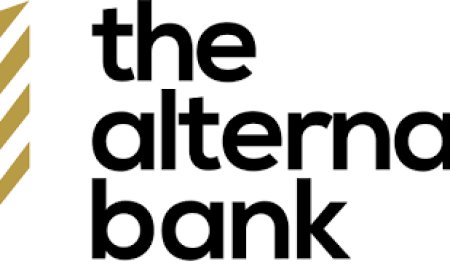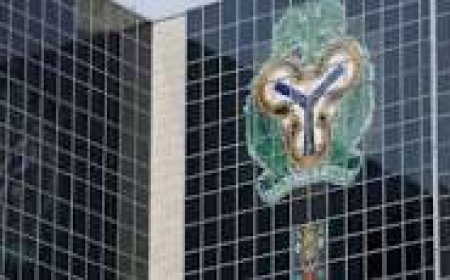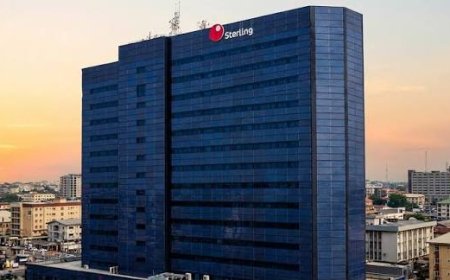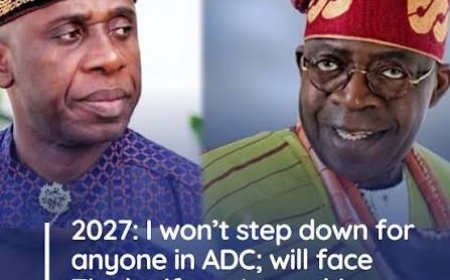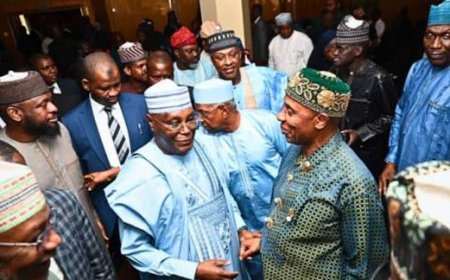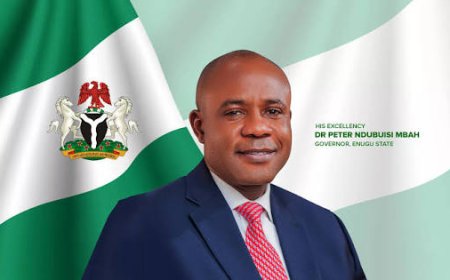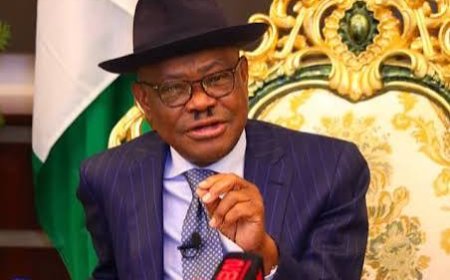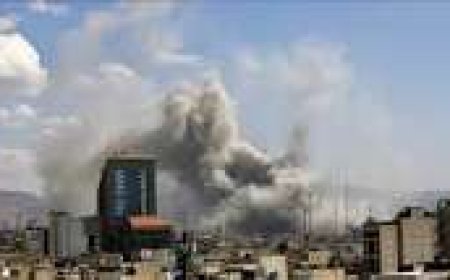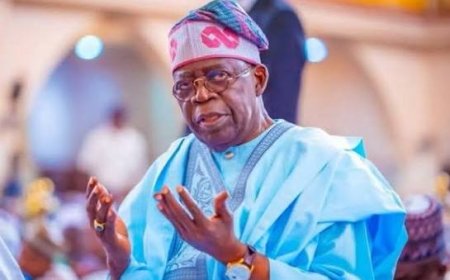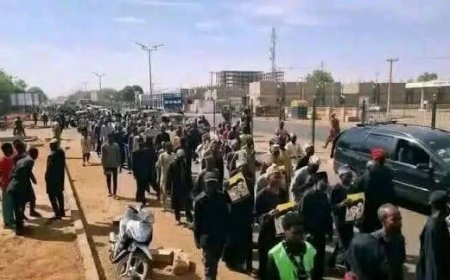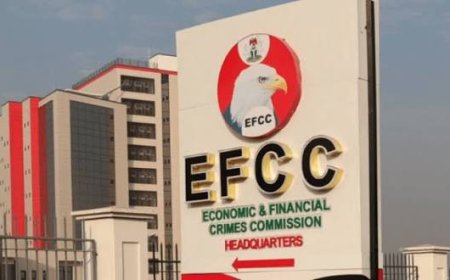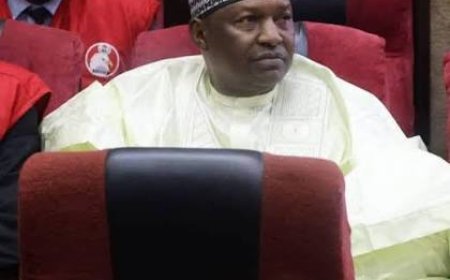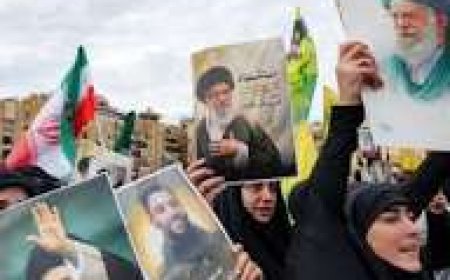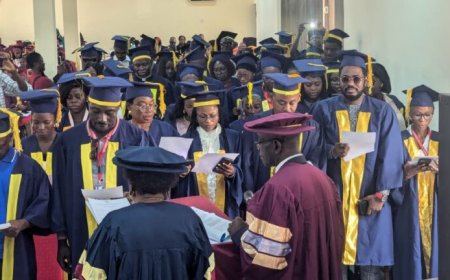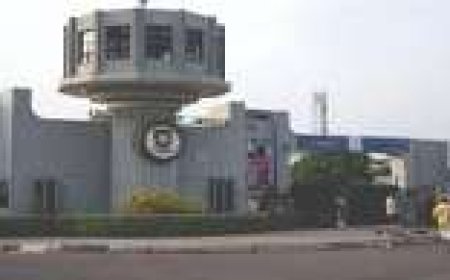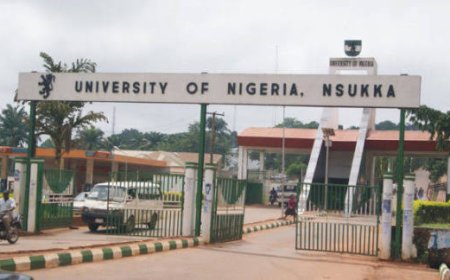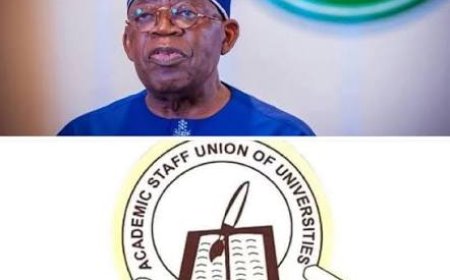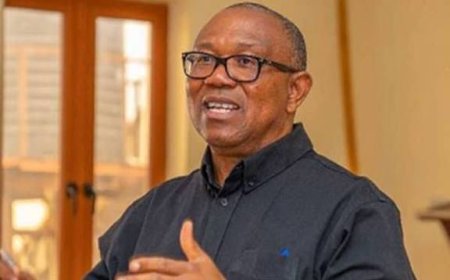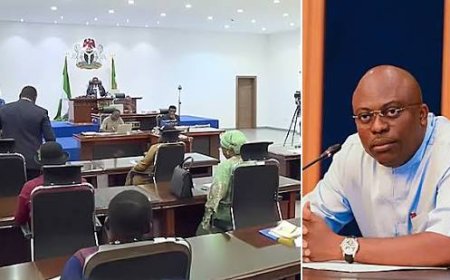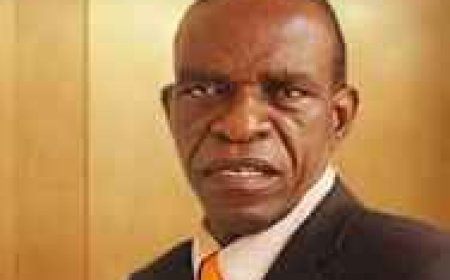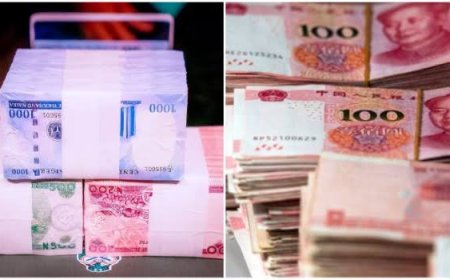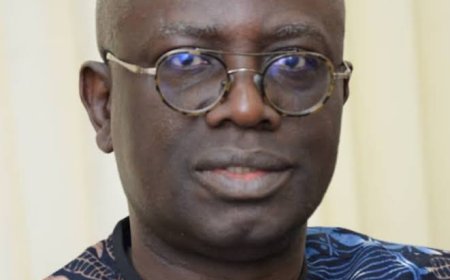President Tinubu's Midterm: NLC Says, Reforms, Packaged Profit For Foreign Creditors But Misery For Nigerians
The Nigeria Labour Congress, NLC, has appraised the two year old administration of President Bola Tinubu, awarding very low marks to him in the process.
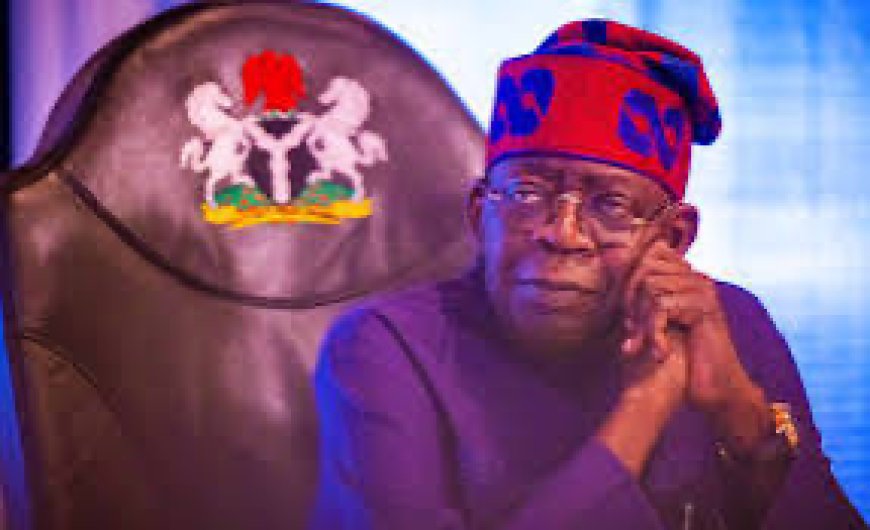
The Nigeria Labour Congress, NLC, has appraised the two year old administration of President Bola Tinubu, awarding very low marks to him in the process.
“Two years later, the only thing bolder than his rhetoric is the magnitude of suffering and hardship his policies have inflicted on workers and ordinary Nigerians. Far from renewing hope, his administration has recycled the same failed neoliberal experiments of the past, proving once again that you cannot cure a patient by prescribing the poison that made them sick in the first place.”
This was Labour's verdict in its appraisal of the two years of President Tinubu’s administration, marked on May 29, 2025, even as the ruling All Progressives Congress, APC, administration.
The NLC also, noted that the Nigerian workers and the masses had experienced no gains, but only pain and misery during the period.
Ajaero, further dismissed as an old story, empty pledges by leaders of better tomorrow, describing such rhetorics as deceitful as there were no indications of such positive expectations.
His words, “When President Bola Tinubu took office on May 29, 2023, he promised a new dawn – bold economic reforms that would rescue Nigeria from fiscal instability and set it on a path to prosperity.
“The sudden removal of the petrol subsidy sent shockwaves through an already fragile economy, causing fuel prices to skyrocket from N187 to over N600 per litre overnight. The government claimed it was a necessary sacrifice to free up funds for development – but where are the results?
“Instead of reinvestment, Nigerians got inflation so vicious that families now skip meals, businesses shut down daily, and transport costs consume what little remains of workers’ wages. The Naira, left to the so-called ‘market forces,’ has collapsed in value, turning Nigeria into a bargain basement for neighbouring countries, while local industries suffocate under the weight of imported inflation.
“What makes this pain even more frustrating is that none of it is new. We’ve seen this script before – subsidy removals, devaluations, and IMF-approved austerity – each time sold as the bitter pill Nigeria must swallow for a brighter future.
“Nigerian workers have seen their real wages obliterated. Pensioners, SMEs (facing over 150 per cent inflation in inputs), and 150 million Nigerians are now multi-dimensionally poor. It has been two years of intimidation and harassment for Labour leaders and trade unions in Nigeria. Flagrant disregard for court orders and the criminalisation of union protests and actions have become the norm.
“The only notable effort is the provision of compressed natural gas, CNG, buses by the Federal Government to ease transportation for Nigerian workers – but this remains grossly inadequate, hampered by severe gas infrastructure deficits. Promised dialogue with Labour unions has been replaced with intimidation and violence. Workers demanding a living wage are met with batons and threats, while the government wallows in luxury.
“Meanwhile, factories close, jobs vanish, and hunger becomes the defining feature of Tinubu’s Nigeria. Who benefits from this folly? Not the millions of Nigerians who can no longer afford food or transport. Not the small businesses buried under the weight of rising costs. The real winners are the usual suspects – the oil cartels, the currency speculators, the political elite with offshore accounts, and their foreign backers at the IMF and World Bank, who have always seen Nigeria as a laboratory for their disastrous economic theories.
“Economic performance can only be measured by how well the citizens feel. No amount of data manipulation can explain away the massive hardship that pervades our nation. Workers and ordinary Nigerians are deeply worried about the future.
“In any case, in the surreal landscape of a nation grappling with escalating insecurity, discussing the intricacies of economic policy seems akin to debating the colour of curtains in a burning house. The pervasive threat of mass kidnappings, abductions, and banditry casts an ominous shadow over society, rendering economic discourse almost absurd in the face of urgent, life-threatening crises.
“Boko Haram and other insurgent groups have multiplied in recent years, while lives and properties are lost daily across the nation. Our nation is at war. In such a climate, the absurdity lies in the stark disconnect between bureaucratic discussions on fiscal policy and the visceral, pressing needs of a populace caught in the crossfire of insecurity.
“Citizens find themselves torn between the hypothetical benefits of economic strategies and the immediate threats to their safety and well-being.
“The truth is simple: reforms that bring only pain without gain are not reforms at all. They are deformations – deliberate assaults on the poor in service of a system that rewards the powerful.
What's Your Reaction?







